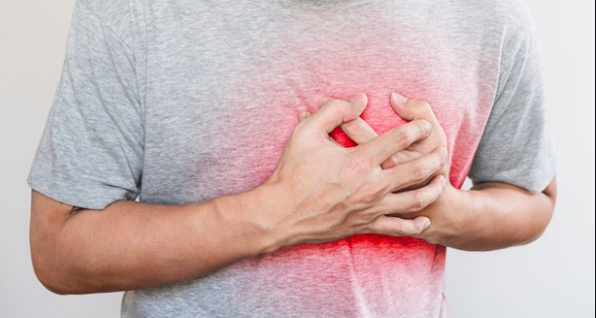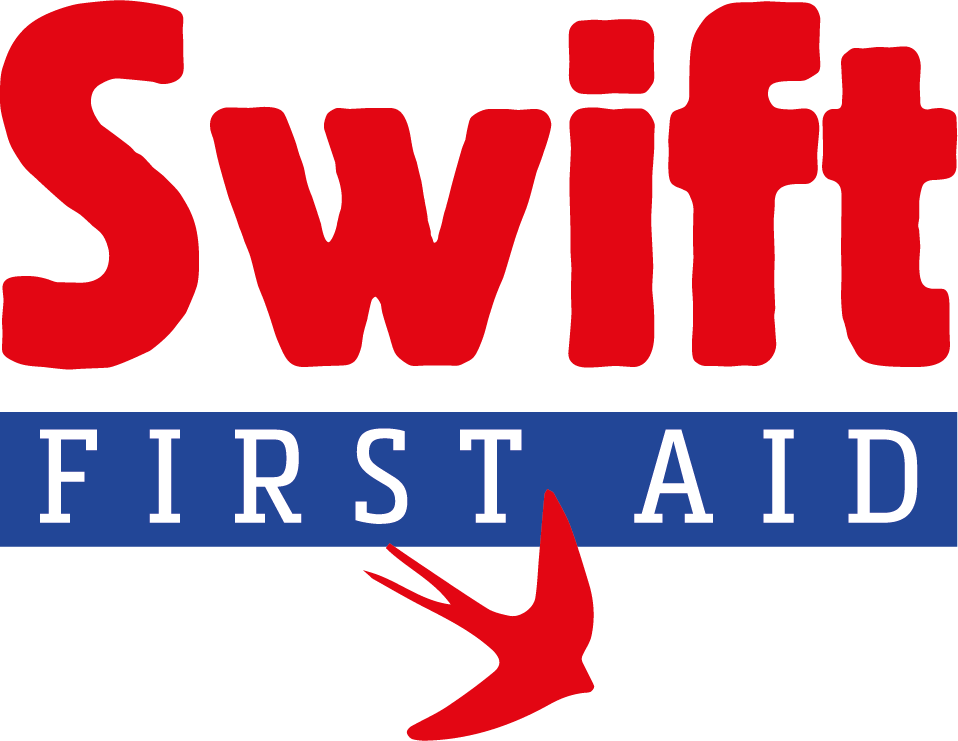First Aid
Heart Attacks

Heart Attacks: (Myocardial Infarction)
A heart attack occurs when the blood supply to the heart is blocked, usually by a blood clot.
Coronary Heart disease is the leading cause of heart attacks. CHD is a condition in which the major blood vessels that supply the heart get clogged up with deposits of cholesterol, known as plaques. These plaques can burst or rupture causing blood clots to develop at the site or for debris to block the blood vessels – this can block the supply of blood to the heart muscle, causing damage and triggering heart attack symptoms
Symptoms of a heart attack can include:
- Chest pain: the chest can feel like it is being pressed of squeezed by a heavy object and pain can radiate from the chest to the jaw, arms & back
- Shortness of breath
- Feeling weak or light-headed or both
- An overwhelming feeling of anxiety
- Pale, clammy skin
- Sudden collapse
Other symptoms include – nausea, indigestion, heartburn or abdominal pain. Fatigue, excessive coughing & wheezing
It is important to stress that not everyone experiences severe chest pain. The pain can often be mild and mistaken for indigestion. Some people especially the elderly and those with diabetes may not experience chest pain as their chief complaint
Women are less likely to recognise the symptoms, and less likely to seek medical attention and treatment quickly, despite the warning signs. (bhf.org.uk)
Management of a Heart Attack
- Make casualty comfortable. Support shoulders & knees “W”position
- A single dose of aspirin can alleviate symptoms but check casualty is not allergic to aspirin
- Call 999
- Be prepared to resuscitate
- Consider the location of your nearest AED
